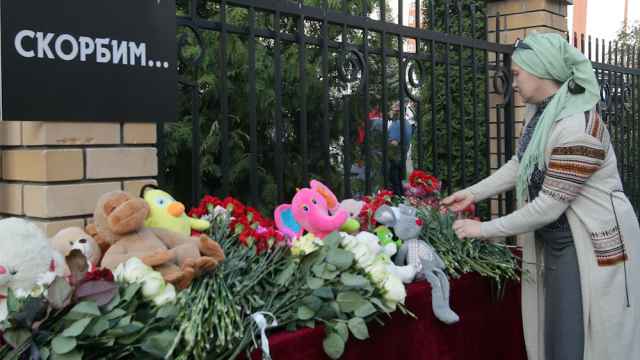Russia’s National Guard is planning to train IT experts and specialists to monitor social networks, the Interfax news agency reported Friday, citing first deputy commander of the National Guard Sergei Melikov.
“We’re looking at areas of work we would like to develop” Melikov told reporters. "Mainly social media monitoring."
Monitoring social networks would help the law enforcement agency to prevent attacks against the national guard like the one in the Republic of Chechnya in late March this year.
Six soldiers were killed and three were injured during an overnight raid on Stanitsa Naurskaya, a military town in the north of Chechnya. A group of insurgents attempted to enter Stanitsa Naurskaya. Russian forces effectively countered the offensive, but six soldiers died during the battle.
“We realize that insurgents were coordinated remotely, including via social networks,” Melikov was quoted by Interfax as saying Friday. If National Guard had intercepted their communication, the attack could have been prevented, he added.
In a report released in February this year, Agora international human rights group revealed that the situation with internet freedom in Russia has been worsening in recent years.
Since the beginning of 2015, at least 47 people have been imprisoned for their statements online. Many more saw their websites and blogs classified as extremist or blocked by the government. Others received threats or were subjected to physical violence after expressing their views online.
The state’s attitude toward the internet has become increasingly hostile, the report said: “The Internet is perceived as a battleground by Russian authorities.”
A Message from The Moscow Times:
Dear readers,
We are facing unprecedented challenges. Russia's Prosecutor General's Office has designated The Moscow Times as an "undesirable" organization, criminalizing our work and putting our staff at risk of prosecution. This follows our earlier unjust labeling as a "foreign agent."
These actions are direct attempts to silence independent journalism in Russia. The authorities claim our work "discredits the decisions of the Russian leadership." We see things differently: we strive to provide accurate, unbiased reporting on Russia.
We, the journalists of The Moscow Times, refuse to be silenced. But to continue our work, we need your help.
Your support, no matter how small, makes a world of difference. If you can, please support us monthly starting from just $2. It's quick to set up, and every contribution makes a significant impact.
By supporting The Moscow Times, you're defending open, independent journalism in the face of repression. Thank you for standing with us.
Remind me later.






